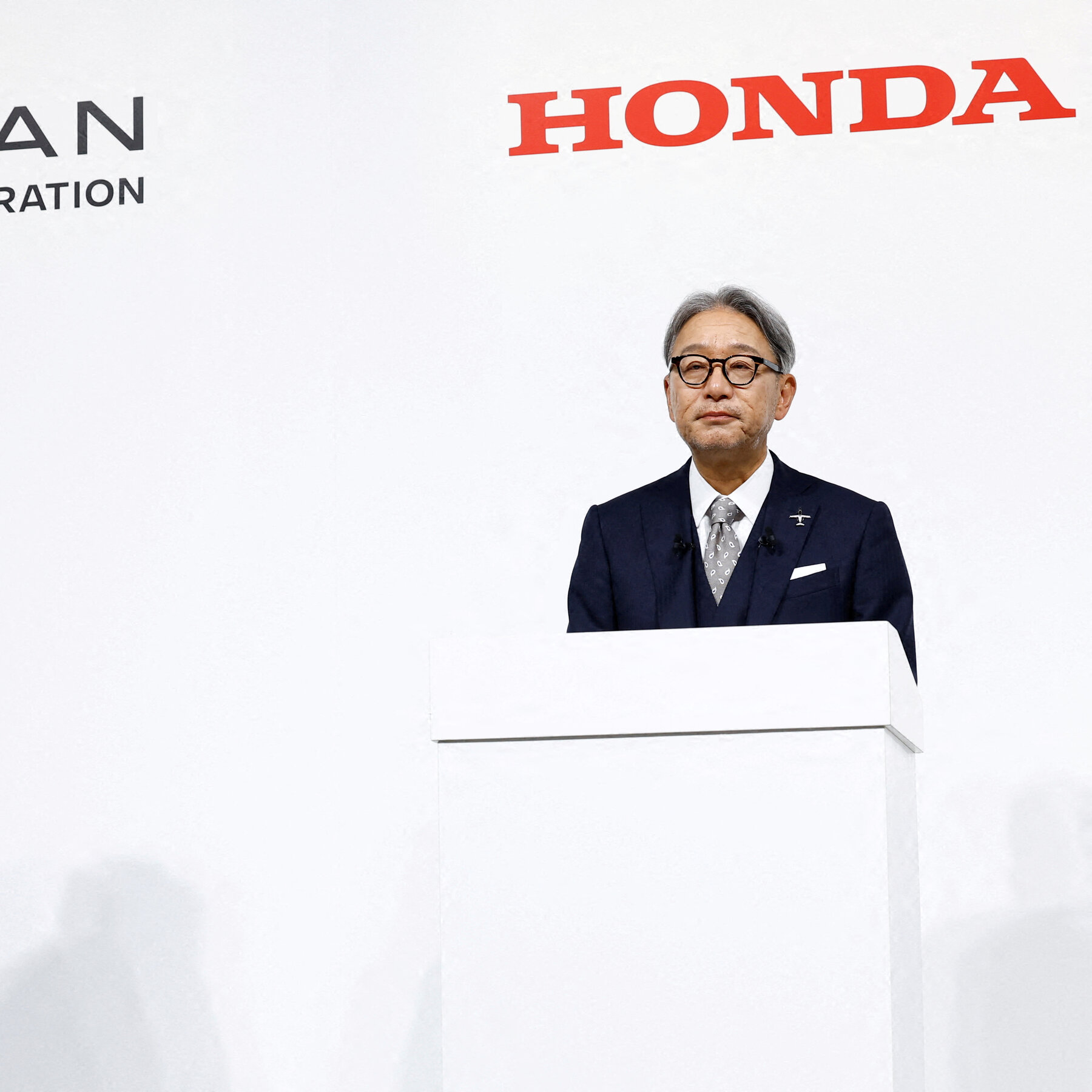A $50 billion merger between Honda Motor and Nissan Motor, which would have established one of the world’s largest auto groups, has been called off.
In December, Japan’s second- and third-largest automakers said they were exploring plans to combine their operations with the goal of sharing costs and jointly developing next-generation vehicles. Both companies said in a statement on Thursday that they were walking away from talks.
The swift reversal underscores a growing recognition in the industry that sprawling auto alliances, often relied upon in the past to build scale and increase market share, may not be the answer for automakers scrambling to catch up with rapid technological changes.
Traditional automakers in Japan, the United States and Europe are facing mounting competition from newcomers like Tesla and China’s BYD, which have established a commanding lead in electric vehicles and technologies that enable semiautonomous driving and remote updates.
As the auto industry shifts toward vehicles that resemble “robots on wheels,” merging two giants to try and catch up was “just automakers going back to what they know, rather than embracing change,” said Lucinda Guthrie, the head of Mergermarket, a data provider.
Honda and Nissan said on Thursday that they would continue to collaborate on software and electrified vehicles. Elsewhere in the industry, legacy automaker partnerships aimed at confronting new technologies have often struggled.
Thank you for your patience while we verify access. If you are in Reader mode please exit and log into your Times account, or subscribe for all of The Times.
Thank you for your patience while we verify access.
Already a subscriber? Log in.
Want all of The Times? Subscribe.




